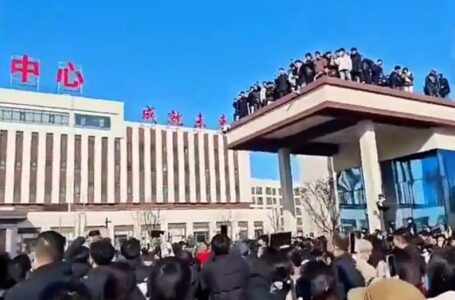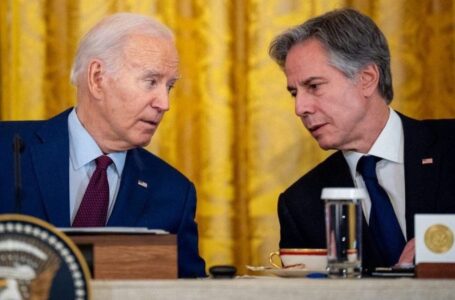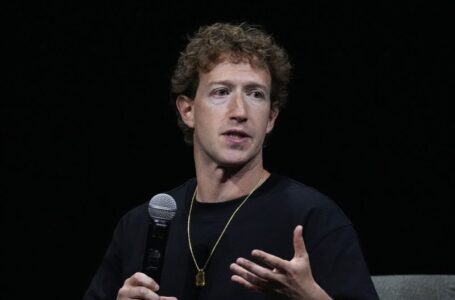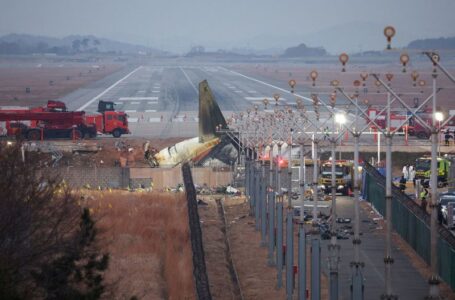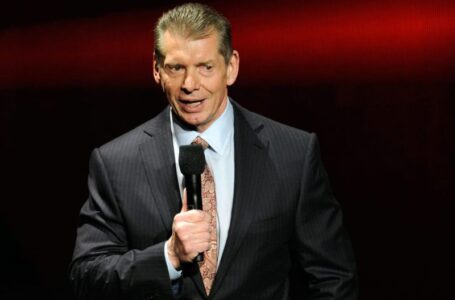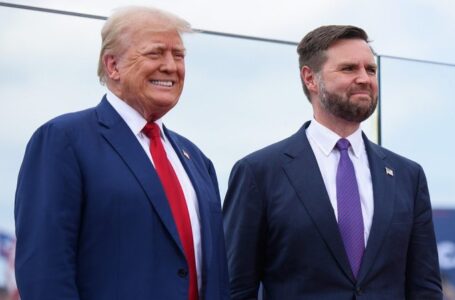Protests turn violent in China after student falls to his death
Musk just slashed Tesla’s Supercharger team. What does that mean for America’s EV network?
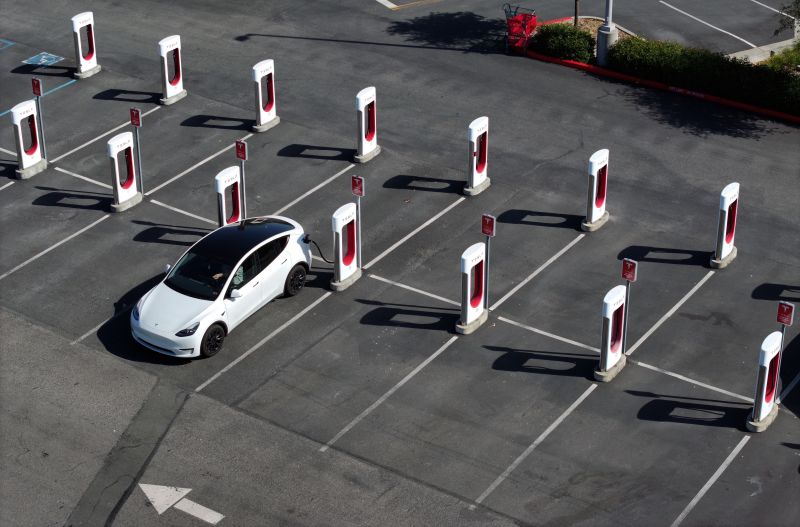

The news this week that Elon Musk laid off Tesla’s entire Supercharger team sent shockwaves of uncertainty through the industry tasked with building America’s new network of EV chargers.
A fast and reliable charging network is an essential ingredient in getting more people to switch from gas-powered vehicles to electric, and some early types of chargers proved less than dependable. Tesla had a superior charging network long before President Joe Biden set an ambitious goal to install half a million stations around the US by the end of the decade.
Until recently, Tesla played a central role in that plan. Many EV experts and drivers think Tesla’s chargers are fast and reliable, so much so that other car companies are adapting their charging plugs to fit Tesla’s system.
Tesla has been awarded more federal contracts for charging stations than any other company – $28 million-worth – which comprises about 14% of the total awards, according to data from EVAdoption, a data consulting firm. But with Musk firing the entire Supercharger team as part of broader company cost-cutting, it’s unclear whether Tesla will be able to complete the work, or if the contracts will ultimately get awarded to other companies.
A spokesperson for the Joint Office of Energy and Transportation, which runs the National Electric Vehicle Infrastructure program, or NEVI, said 10 states have selected Tesla as a charging provider for their projects. NEVI was unable to comment on whether Tesla could fulfill the contracts, as the charging programs themselves are run by individual states.
Others in the industry said the possible loss of Tesla wouldn’t be a huge blow.
Musk’s decision to eliminate his company’s charging team has been even more baffling to industry insiders given the amount of federal money the company received, and how long Tesla had been in the business of charging.
“Charging is a difficult business, there’s no doubt about that,” the EV industry source said. “The margins are very slim and it’s quite cutthroat. They were ahead of the game, so it does strike me as odd to relinquish that a little bit.”
Since it rolled out the network in 2012, Tesla has built a reputation for having the most reliable chargers, but experts said the company’s chaos may prompt competitors to step up their offerings – democratizing US charging infrastructure in the process.
And the very fact that there are so many more players in the field of EV charging may have been one of the things that caused Musk to pull back significantly from the field, EV industry analyst Loren McDonald said.

